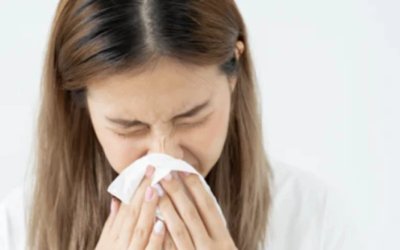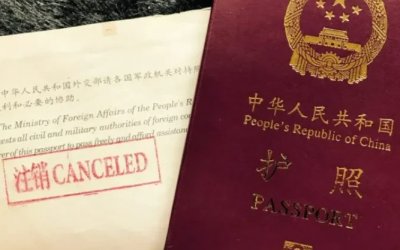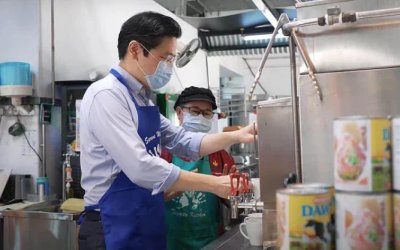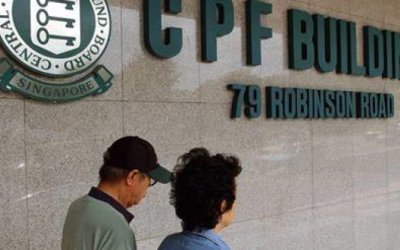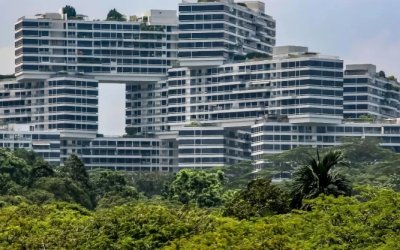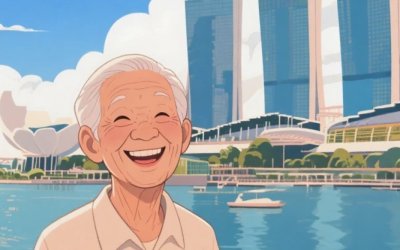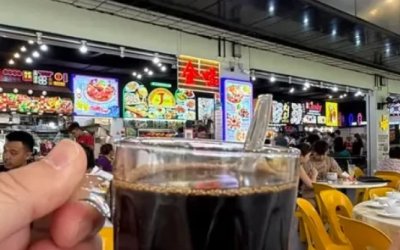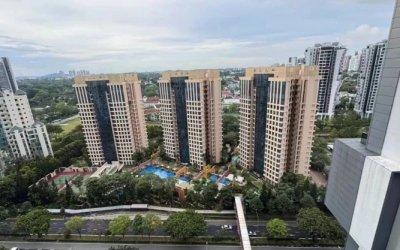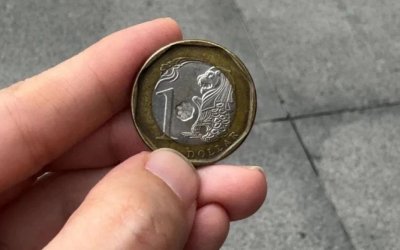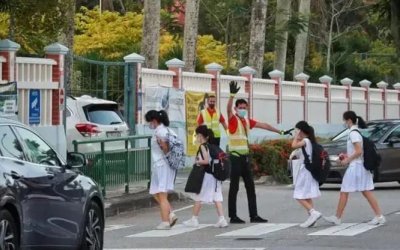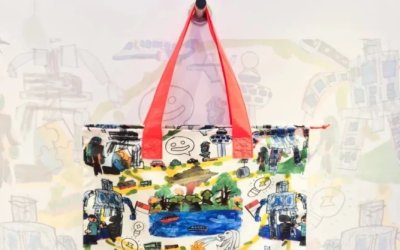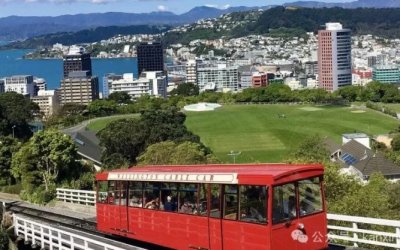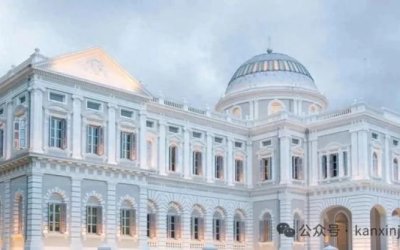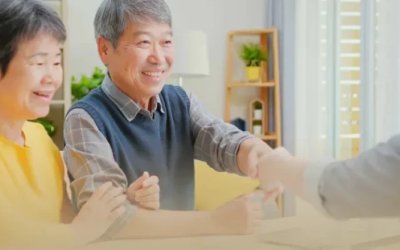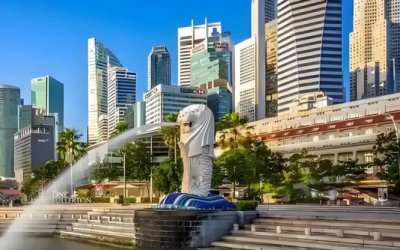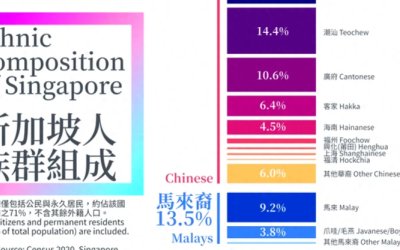The Majulah Package will help Young Seniors, in their 50s and early 60s, to meet your retirement needs. But besides Young Seniors, we also want to encourage older seniors to continue working for as long as you can. Hence the Majulah Package also covers the Pioneer and Merdeka Generations.
I think quite a few here belong to the Pioneer and Merdeka Generation. Let me say to you, if you are PG and MG: If you are still working and meet the income criteria, you too will receive the Earn and Save Bonus as long as you are working. If you are not working, you can still get something from the one-time Retirement Savings Bonus and MediSave Bonus. This will be in addition to the PG or MG benefits that you are already receiving and will continue to receive. Think of this as a 58th National Day present!
The Majulah Package will cost the Government about $7 billion. MOF will create a new Fund to meet the full lifetime costs of the Package, using resources from this term of Government. We will honour this commitment without burdening future generations.
The Majulah Package will benefit some 1.4 million older people across several generations. We will also be enhancing existing schemes, like Silver Support, Workfare, and the Matched Retirement Savings Scheme and the details will be announced next year. Taken together, these improvements will help seniors to meet basic retirement needs, especially for lower- and middle-income Singaporeans so that you can have greater peace of mind in your golden years.
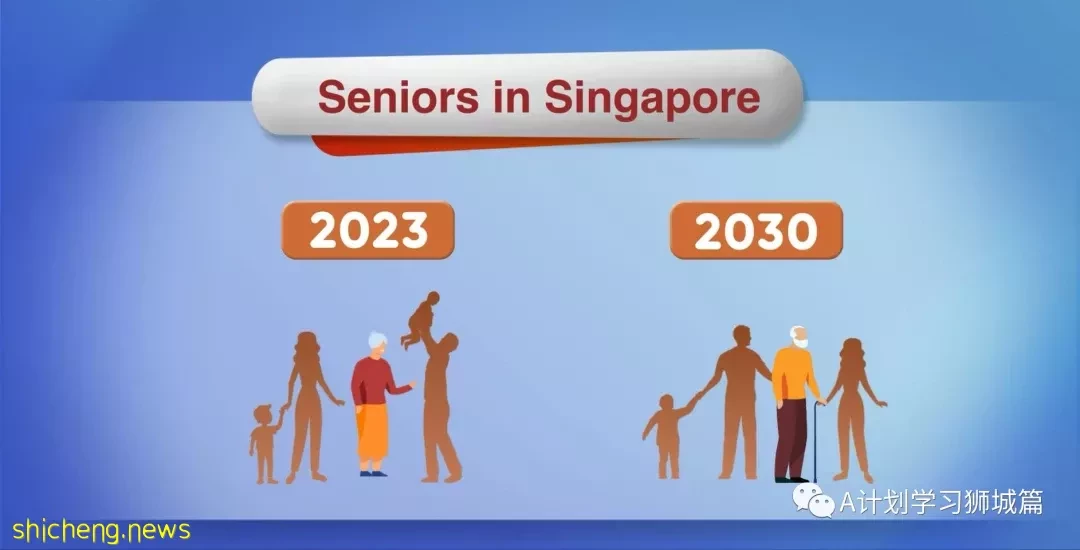
SECTION 3: AGEING
I want to talk about two other important issues tonight – caring for our ageing population, and housing our people.
Singapore is one of the fastest-ageing nations in the world. Today, about one in five Singaporeans is a senior, aged 65 and above. By 2030, nearly one in four Singaporeans will be a senior. I first talked about ageing in the National Day Rally back in 2007. At that time, we had 500 centenarians – people aged 100 and older. We thought that was a lot. By 2013, which is 6 years later, this had doubled to around 1,000. And by 2030, we are likely to double again to at least 2,000 centenarians! It shows vividly how our society is getting older and older, faster and faster. Today, if you ask – it is not in the chart – but we have about 1,500 already. In 2030, I will not be making this speech, but whoever is doing so will have to take care of all of us seniors, and some of us very senior.
Today, we are an aged society; soon, we will be a 『super-aged』 society. This has massive social and economic implications. We have much to do to help our seniors age well.
Today, I will speak on two aspects of our preparations: active ageing; and making homes and precincts more senior-friendly.
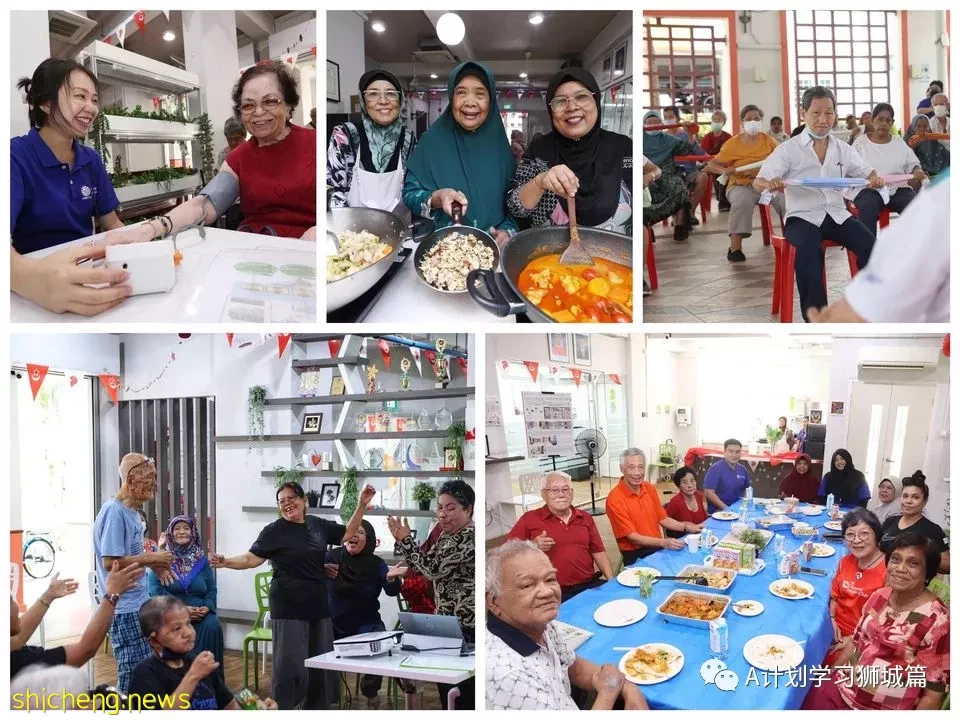
Active Ageing
First, on active ageing.
We have invested significantly in healthcare for seniors.
The Government plays a big role in providing care, but seniors must also play our part to look after ourselves. MOH launched Healthier SG last month. Healthier SG aims to get each of us to take more responsibility for our own health, supported by family doctors and community partners. When you enrol, you will get a personalised health plan, including when to go for screenings and vaccinations. Besides medical prescriptions, your doctor will also give you what we call social prescriptions, like advising you to lead a more active lifestyle, to maintain a healthier diet, to lose a little bit of weight, or to quit smoking. But while your GP can suggest or even arrange these for you, only you can decide to follow through and do them. But please do so. Prevention is always better than cure. My wife and I have signed up. I encourage all seniors to sign up for Healthier SG when you get the invitation from MOH.
Beyond Healthier SG, how else can we help Singaporeans to age well? It is not just about fending off sickness – it is also about staying well, staying well both physically and mentally. Because mental wellness is just as important as physical wellness. One of the biggest threats to the well-being of seniors is loneliness. Today, many seniors are living alone. They risk becoming socially isolated. Their spouses may have passed on; their children are probably living elsewhere with their own families. So it is important that someone keeps regularly in touch with them. It is also important that they keep active and have a social network for mutual support. During COVID, many old folks were stuck at home, unable to go out for their usual activities. We were very worried that isolated and inactive, they would deteriorate quickly. So we restarted community activities for seniors as soon as we could do so safely – stand further apart, do it outdoors, but gather and do it, and keep that human contact, and that activity.
We will do more to help seniors stay engaged and socially active. That is why we have set up Active Ageing Centres (AACs) all over Singapore. I recently visited this Active Ageing Centre, the Bedok Radiance AAC. It is run by Thye Hua Kwan Moral Charities. I was very happy to see a vibrant community of seniors joining the activities and using the services there. Many of them told me that they were living alone, and always looked forward to coming down to the activities. It gave them something to do with their friends, something to look forward to, a sense of purpose.
The AAC ran a varied weekly programme: art jamming, karaoke and dance classes. When I was there, a HAPPY exercise class was in full swing – HAPPY means Healthy Ageing Promotion Programmes for You, H-A-P-P-Y.
The seniors looked happy, but some of them were not so well. A few were wheelchair-bound, but they still joined in the activities. This cheerful lady told me she hoped to joget again! Why not, even in a wheelchair? Other seniors were using the health services at the AAC. Some were getting their vital signs checked so that doctors could follow up if something was amiss. One was having a teleconsultation – with nurses physically there to help him, and a doctor calling in on Zoom from the polyclinic. It was good that relatives, or neighbours, were making the effort to bring the seniors down to the AAC, for them to socialise and cheer up their lives.
What I found most encouraging was that many seniors were not just taking part in activities, but also helping to organise and run them – seniors for seniors. I met Mdm Goh, the one in the pink blouse, Mdm Karen, and Mdm Farida. They were preparing to deliver hot meals to frail seniors living in upstairs in the rental flats who could not come down to the AAC. They do this every day. It is a great way to build neighbourly bonds while staying active. Actually, besides meal deliveries, there are also communal meals downstairs at the AAC. The staff told me that these meals were a big draw and an important activity because they encourage the old folks to come down. When they gathered at the AACs for meals, they would socialise and make friends, and the staff could keep an eye on them, made sure they were alright. I also discovered that these meals are actually cooked by the seniors themselves, at least some of the seniors themselves! These three makciks – Mdm Aminah on the left, Mdm Rosnah, and Mdm Fatimah – they used their SkillsFuture credits to attend a food hygiene and preparation course so that they could cook meals for their fellow seniors. Mdm Fatimah told me they use less salt and sugar in their cooking to make it a Healthier Choice. Then I tasted her chicken curry, and I said, "You must have used santan – coconut milk.」 She said no – she uses normal milk. But it tasted just as good – sedap sekali! I had a second helping.
If you are observant, you would have noticed that the volunteers I have mentioned are all ladies. But we are starting to see more male seniors coming down to the AACs. The centres are introducing more activities that interest men, such as jamming. Or even something simple like a café corner, where the uncles can catch up over a coffee. There will be something for everybody at the AACs.
I was very heartened by my visit to Bedok Radiance AAC. I believe that the network of AACs across Singapore will be a valuable resource for seniors to stay active and healthy. We will invest to expand the network, and work with community partners to enhance the AACs』 services and reach.
